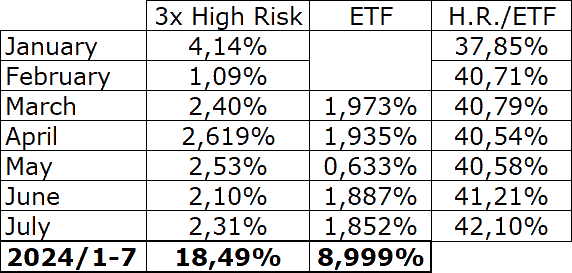If the person knows a lot of money is robotically following them, they can intentionally swerve into small-cap stocks, buying low, allowing the subsequent follower demand to drive up prices, then at this higher price, sell (partly to his own followers). Great for him, not so much for his followers. Congrats, you've legitimized pump-n-dump!
This strategy only works (for the follower) with companies too large for that to have an effect.
So follow your local university's endowment
Since you want to follow someone, call up your local university's giving office. They have an Endowment. They are soliciting funds for it, and donors want to know it's well invested, so they will cheerfully talk about how they invest it.
Endowments are tightly regulated by how they must be invested. There is a legal "Gold Standard" that Endowment managers must stick pretty close to, or they could be judged as being imprudent and face legal consequences (at the least, making up the losses; at worst, jail).
Generally they are after absolute maximum growth in the very long term, with little regard for volatility. In other words their goals align with a young person's IRA.
However, their investment strategy is pretty dull. It will no doubt bore you to tears. If your investment goals include entertainment and a sense of adventure, you'll find none here.

